Australian PM Malcolm Turnbull vows to ‘get on with’ legalising same-sex marriage ‘by Christmas’
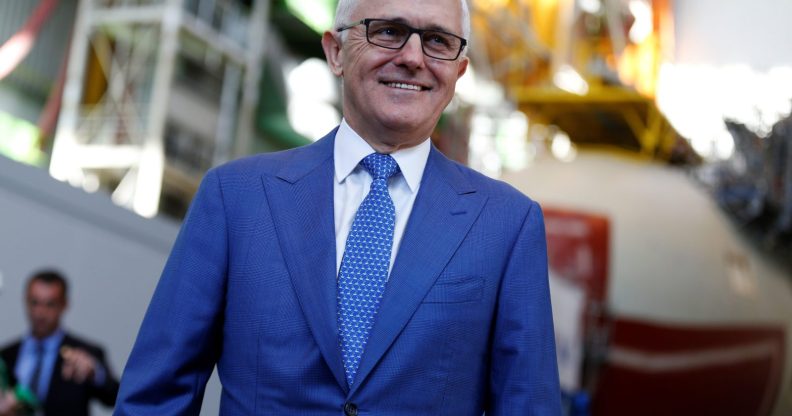
Malcolm Turnbull
The Australian Prime Minister has vowed to “get on with it” and legalise same-sex marriage through legislation “by Christmas”.
In a vote just minutes after it was announced that the Yes vote represented 61.6 percent of responses in a non-legally-binding plebiscite, Malcolm Turnbull celebrated the decision.
Mr Turnbull said Australians “voted yes for fairness, they voted yes for commitment, they voted yes for love”.
He added “now it is up to us – here in the Parliament of Australia… that must be our commitment.”
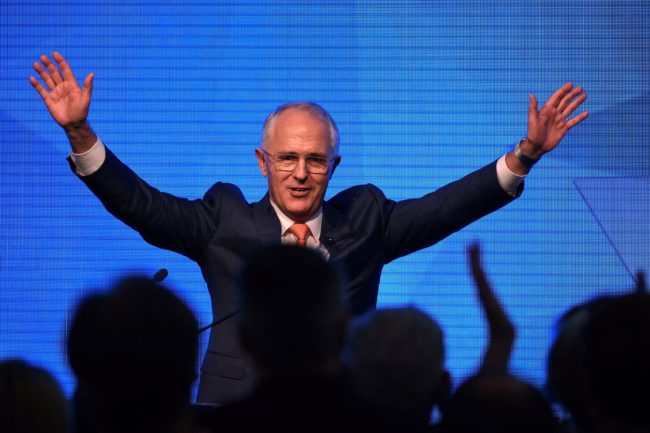
Prime Minister Malcolm Turnbull hugs his wife Lucy following his address at the Coalition Campaign launch in Sydney on June 26, 2016.
(Getty Images)
Mr Turnbull spoke alongside Mathias Cormann, the Minister for Finance, who hoped that Senators from all political backgrounds would find “common ground”.
Mr Cormann also brought up “religious protections”, saying that he hoped a bill to legalise same-sex marriage would be “balanced”.
The Prime MInister said he “won’t accept” politicians who would seek to delay the bill, but that he would hear out amendments added to the bill.
“We are the nation of the fair go, that’s why we’re the most successful mutlicultural society in the world… so we should cherish that.”
It is understood that Mr Kalisch informed a number of representatives ahead of the announcement, including Government ministers and leaders from the Yes and No campaigns.
Celebrations took place from early Wednesday morning as Yes campaign headquarters across Australia opened their doors ahead of the result.
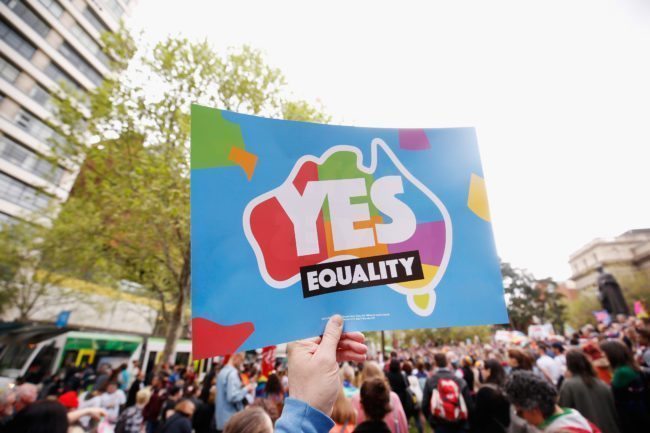
The No campaign conceded defeat, having previously said it would settle for a result over 40 percent, with Tony Abbott, former Prime Minister, claiming that would be a “moral” victory.
Prime Minister Malcolm Turnbull, who is a personal supporter of the equality law, pledged that his government would support the move in the case of a Yes vote.
Turnbull has previously said same-sex couples could be married by the end of the this year if voters back Yes.
However the decision ultimately has to be approved by parliament.
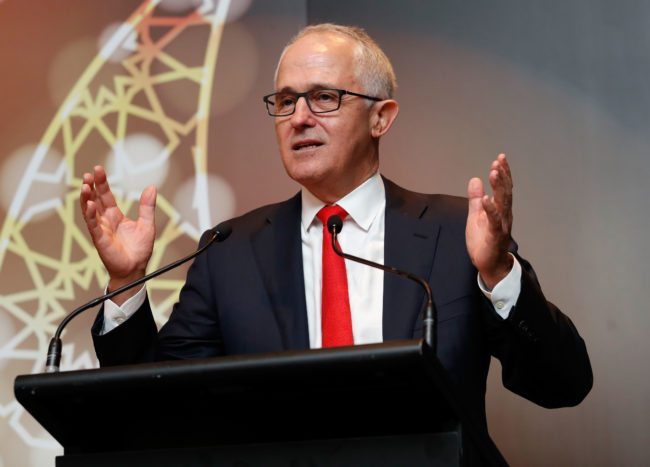
The public vote is not legally binding, so both houses still need to pass legislation for it to become legal.
Monday is the first day that a same-sex marriage bill can be tabled in the House of Representatives, which is not sitting this week.
A bill must pass in both houses before it can be signed into law by the Governor-General.
Hardline anti-LGBT MPs within the governing Liberal-National Coalition say they will not be conceding – even if the public gives a strong backing for equality.
Two bills will be proposed to parliament – one by a coalition of same-sex marriage supporters proposing simply to introduce the other measure, and another by a right-wing Senator proposing same-sex marriage, but with various “religious freedoms”.
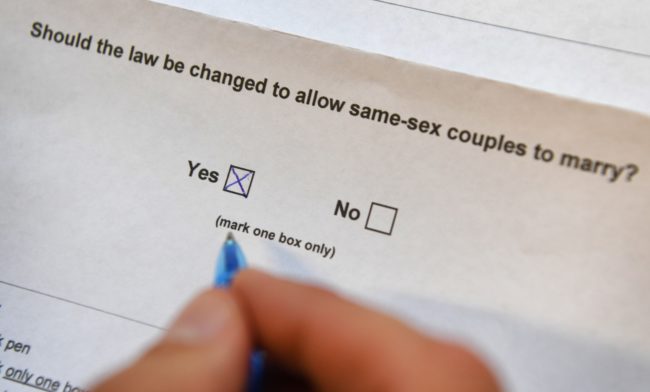
Liberal James Paterson is to introduce the caveated bill that would override any anti-discrimination laws passed by state and territory level legislatures.
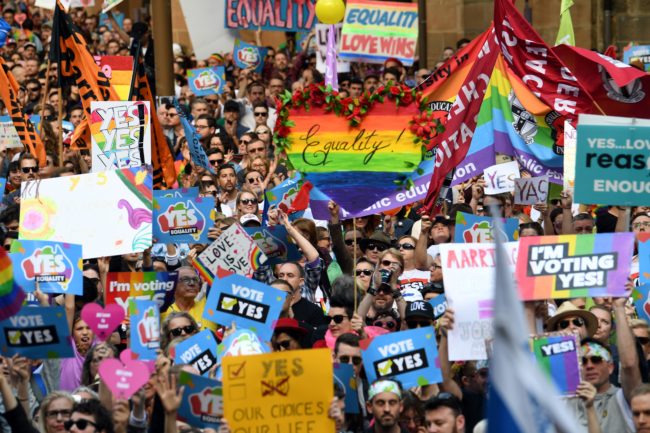
Protests in Australia (SAEED KHAN/AFP/Getty Images)
It will permit anyone who holds a religious or “conscientious belief” in traditional marriage to refuse same-sex weddings, allowing discrimination by private service providers.
The proposal comes after a bombshell poll found half of Australians support service providers being allowed to refuse same-sex weddings on the basis of private religious views.
Hardliners may also table a string of amendments if their desired bill doesn’t go through, in a bid to seriously change or slow the introduction.
However it seems unlikely same-sex marriage will not be introduced in some form, with the opposition Labor Party supporting the measure, and a majority of parliamentarians in favour.
When will the first same-sex marriages take place?
Same-sex marriage should become legal now the public vote has endorsed the move.
The vote will be followed by legislation, though there could be a bit of a wait for those who wish to marry.
The standard waiting time for legislation to take effect is 30 days.
However, this could be longer if the Government decides that celebrants and other officials need more time to get acquainted with the new law.

